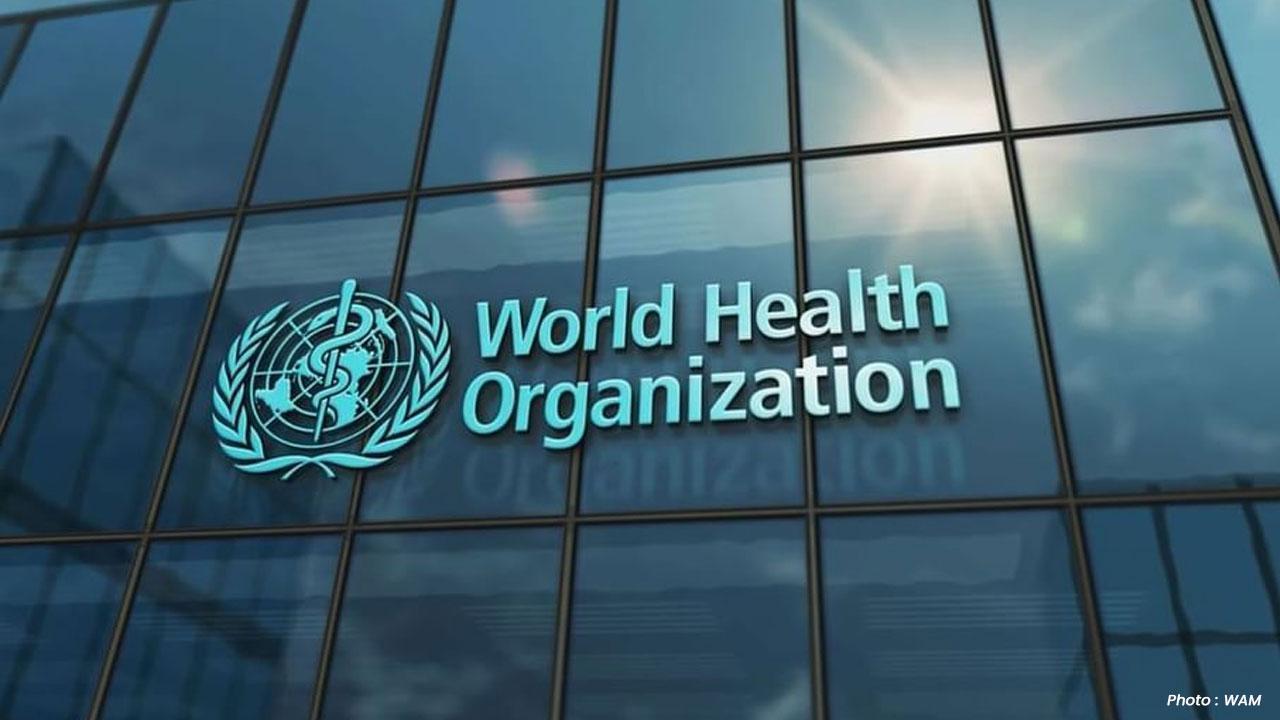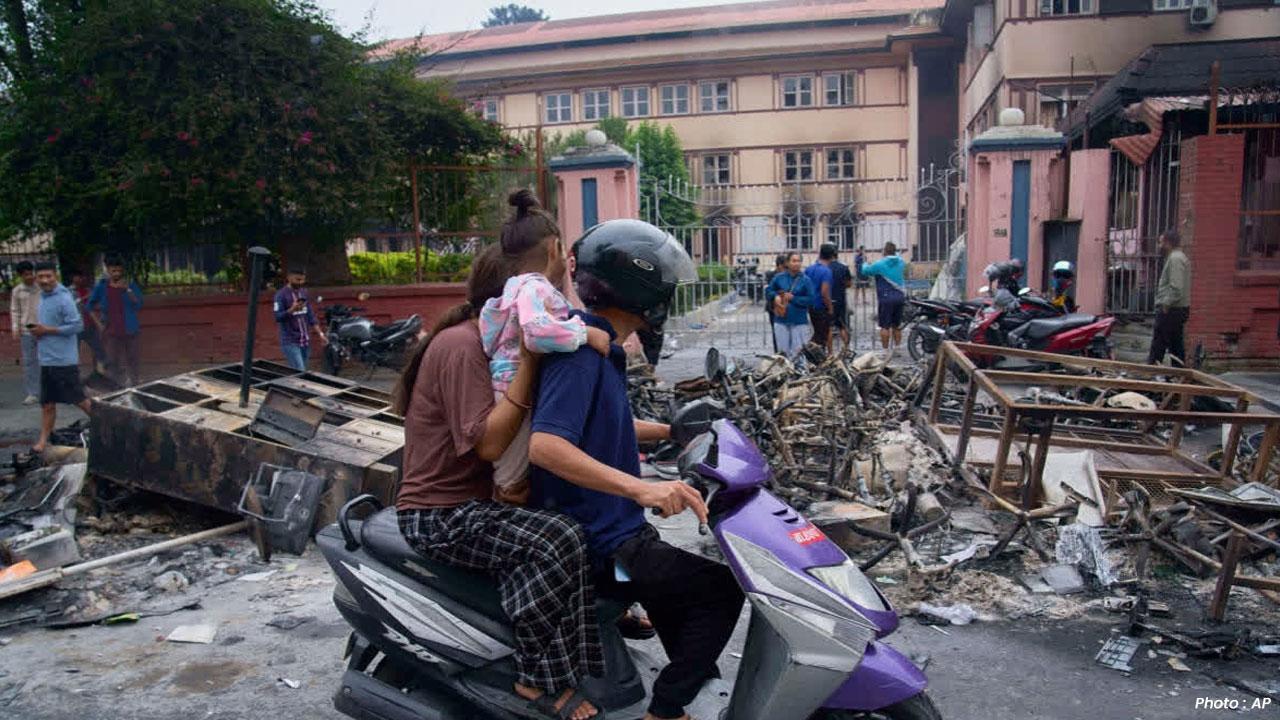
Join 10k+ people to get notified about new posts, news and tips.
Do not worry we don't spam!

Post by : Raman
The World Health Organization (WHO) has released its global report on cholera for 2024, showing a worrying increase in both the number of people who fell ill and those who died from the disease. The report highlights that cholera, a preventable and treatable disease, caused over 6,000 deaths worldwide last year. This is a 50 percent increase in deaths compared to 2023, while the total reported cases rose by five percent.
Cholera is caused by the bacterium Vibrio cholerae, which spreads through water contaminated with faeces. The disease can cause severe diarrhea, dehydration, and, if left untreated, death. Despite being preventable with proper water, sanitation, hygiene, and vaccines, cholera continues to claim thousands of lives each year.
The WHO report identifies several key factors driving the rise of cholera. These include conflicts, climate change, population displacement, and long-term gaps in water, sanitation, and hygiene infrastructure. In many countries, especially in parts of Africa, the Middle East, and Asia, these problems make it difficult for communities to access safe drinking water and proper hygiene facilities.
In 2024, cholera was reported in 60 countries, up from 45 in 2023. The majority of cases were concentrated in Africa, the Middle East, and Asia, which together accounted for 98 percent of all reported infections. Countries facing conflict, floods, droughts, or other humanitarian crises were particularly affected, as these conditions make clean water and healthcare harder to reach.
For example, displaced populations in war-torn areas often live in overcrowded shelters without proper toilets or clean water. This creates an environment where cholera can spread rapidly. Similarly, heavy rains and flooding can contaminate water sources, increasing the risk of outbreaks.
Cholera is both preventable and treatable. WHO emphasizes that governments, communities, and international organizations must work together to stop its spread. Key measures include:
Safe Water and Sanitation – Ensuring that everyone has access to clean drinking water and proper sanitation facilities is critical. Simple actions like boiling water or using water filters can reduce infections.
Hygiene Awareness – People need clear information on how to protect themselves. Washing hands with soap, using clean toilets, and avoiding contaminated water and food are essential.
Rapid Treatment – Oral rehydration solutions, fluids, and antibiotics can save lives if treatment is given early. Rapid access to medical care during outbreaks is vital.
Vaccination – Cholera vaccines are available and can prevent infection during outbreaks. Expanding vaccine production and distribution can help protect vulnerable populations.
Surveillance and Diagnostics – Strong monitoring systems help detect outbreaks quickly, allowing governments and health agencies to respond efficiently and reduce the number of deaths.
Cholera may seem like a problem of the past in developed countries, but it remains a major public health threat in many regions. It affects the most vulnerable people – children, the elderly, displaced families, and those living in poverty. The increase in deaths in 2024 shows that more needs to be done to prevent outbreaks and save lives.
Experts warn that without urgent action, cholera outbreaks will continue to rise, especially in countries facing climate change, conflict, and poor sanitation. Each outbreak not only threatens lives but also burdens local healthcare systems and communities struggling to rebuild after disasters.
WHO calls on governments, donors, and communities to work together to combat cholera. Investment in water and sanitation infrastructure, vaccine production, and public health awareness are essential. International aid can play a significant role in providing resources for clean water, hygiene facilities, and rapid response teams during outbreaks.
Communities themselves also have a role. Simple hygiene practices, early reporting of symptoms, and participation in vaccination campaigns can reduce the spread of cholera. Education programs that teach families about safe water, sanitation, and food hygiene are critical for long-term prevention.
The 2024 WHO report is a stark reminder that cholera remains a global health challenge. While the disease is preventable and treatable, gaps in water, sanitation, and healthcare, combined with conflicts and climate change, continue to fuel outbreaks. Strong action from governments, international organizations, and communities is needed to reverse the rising trend of cases and deaths.
Investment in water, sanitation, hygiene, and vaccines is not just a health issue; it is a matter of saving lives and protecting vulnerable populations. Every life lost to cholera is preventable, and with coordinated global action, future outbreaks can be reduced significantly.
Cholera’s rise in 2024, with cases and deaths increasing worldwide, is a warning that the world cannot ignore. Governments, health agencies, donors, and communities must act together to ensure access to clean water, proper hygiene, rapid treatment, and vaccination. Only with these combined efforts can we reduce the toll of cholera and protect millions of lives.
The WHO report highlights that while the disease is ancient, modern challenges like climate change, conflict, and poor infrastructure make it a continuing threat. Strong surveillance, public health investment, and community action are the keys to controlling cholera and ensuring healthier futures for vulnerable populations around the world.
cholera 2024, WHO cholera report, global health, cholera cases, preventable diseases










Google Gemini Nano Banana Trend Lets You Create Realistic 3D Figurines
Turn your photo into a lifelike 3D figurine for free with Google Gemini’s Nano Banana trend. Fun, ea

Apple AI Leader Robby Walker Quits Amid Delays in Siri
Apple AI chief Robby Walker is leaving after a decade, raising concerns as Siri upgrades face delays

Phil Salt’s Record 141 Powers England to Big T20 Win
Phil Salt hit 141 not out as England smashed 304 runs to crush South Africa by 146 in the 2nd T20 at

India Dominates UAE by 9 Wickets in Asia Cup 2025 Opener with Brilliant Bowling
India dominates UAE in Asia Cup 2025 opener, winning by 9 wickets with Kuldeep Yadav shining and a q

Karishma's Kids Get 1,900 Crore: Priya Kapoor Defends Sunjay Kapur Estate
Priya Kapur claims Karisma Kapoor’s children already received Rs 1,900 crore as court battle over Su

Akshay Kumar 58th Birthday Heartfelt Thanks to Fans and Colleagues
Bollywood star Akshay Kumar celebrates his 58th birthday with gratitude, thanking fans and colleague